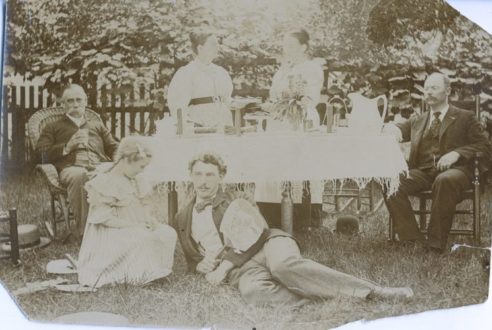With the availability of DNA testing, I've seen quite a shift in what I always thought I knew about my family. It started in 1989. I saw a photo my grandmother had of her family and wanted to learn more about it. I found out that the little girl in the picture was my great-grandmother, Nina Gertrude ...
